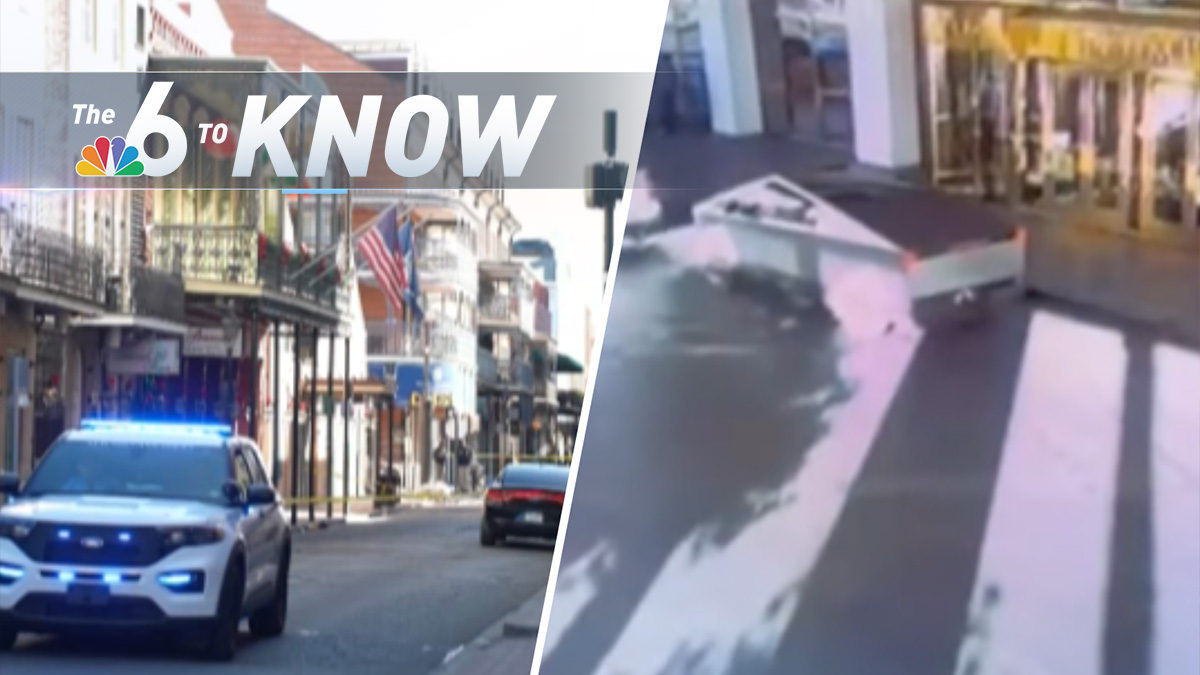With a burning candle in one hand and nighttime Cuban coffee in the other, Georgina Alvarez walks through her Old Havana home.
For Alvarez, 88, it’s her third consecutive night without power.
Watch NBC6 free wherever you are
>She opened her refrigerator to show what still survives following the days of darkness. The chicken spoiled.
Millions of Cubans are in the same situation as the problematic power grid continues to keep millions without power.
Get local news you need to know to start your day with NBC 6's News Headlines newsletter.
>In the Santo Suarez neighborhood of Havana, you could hear frustrated Cubans banging their pots and pans, a sound that has become emblematic of frustration among the Cuban people.
“We haven't had electricity for three nights, and our food is rotting. Four days without electricity is an abuse to the children,” said Mary Karla, a mother of three.
Cuba’s Energy Minister Vicente La O Levi promised the country the power crisis would be solved by Tuesday.
Local
La O Levi blamed the blackouts on fuel shortages and partly blamed the U.S. embargo on Cuba because he argues it keeps Cuba from getting fuel and spare parts for the country’s power plants.
He admitted the blackouts will continue.
Reaction from the public has been powerful and vigorous, said Manuel Cuesta Morua, a member of the Cuban opposition.
People are protesting from a governor that can no longer provide the basic necessities, he said.
Cuesta Morua calls it the perfect Cuban storm with multiple crises coming together: lack of transportation, food, housing, and now power.
Cuban economist Omar Everleny Perez described the situation as “acute and desperate,” which is affecting all aspects of the Cuban economy.
In some places, without power, people have not had access to water for six days, Everleny Perez said.
But he reminded that Cubans on the island have been dealing with blackouts for six to eight months, some lasting 16 hours.
“You can’t bake bread because the overs are electric,” Everleny Perez said, adding the country is paralyzed with no production and calling it a “total crisis.”
While the government is working to restore power, they’re also dealing with the aftermath of Hurricane Oscar, which has now been downgraded to a tropical storm.
On state-run television, they showed images of storm-ravaged Maisi, a town on the most eastern tip of the island.
The report said the area was experiencing intense rains and wind gusts of over 60 miles an hour.
The storm has exacerbated an already dismal situation in Cuba.
Back in Havana, Alvarez said: “It’s not easy.”



